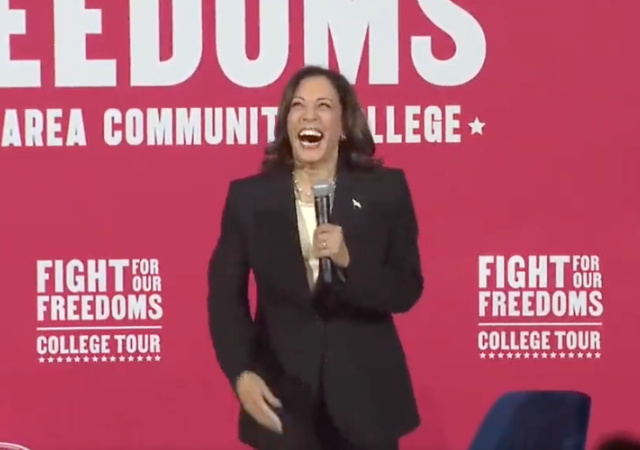How Social Identity Theory Explains Political Polarization
What is Social Identity Theory?
Social Identity Theory is a psychological theory that explores how individuals define themselves based on the groups they belong to. According to this theory, people derive a sense of identity and self-esteem from their membership in various social groups, such as political parties, religious organizations, and cultural communities. This theory suggests that individuals tend to categorize themselves and others based on group membership, leading to in-group favoritism and out-group discrimination.
Political Polarization Through the Lens of Social Identity Theory
Political polarization refers to the deepening divide between individuals with opposing political views. Social Identity Theory helps explain this phenomenon by highlighting how individuals form strong attachments to their political groups and view those outside of their group as threats or adversaries. When individuals identify strongly with a political party or ideology, they are more likely to engage in behaviors that reinforce their affiliation and distance themselves from those who hold different beliefs.
In-Group Favoritism
One of the key concepts of Social Identity Theory is in-group favoritism, which refers to the tendency for individuals to favor members of their own group over those from other groups. In the context of political polarization, this can manifest as a bias towards individuals who share the same political beliefs and values. People are more likely to trust, cooperate, and support those who belong to their political in-group, while being skeptical, critical, and hostile towards those in the out-group.
Out-Group Discrimination
On the flip side of in-group favoritism is out-group discrimination, where individuals actively discriminate against those who belong to different political groups. This can lead to negative stereotypes, prejudice, and even conflict between individuals with opposing political views. Social Identity Theory suggests that this behavior arises from a need to protect one’s own group identity and maintain a sense of cohesion and solidarity within the in-group.
Media and Confirmation Bias
Another factor that contributes to political polarization is the role of media in reinforcing individuals‘ existing beliefs and values. Social Identity Theory predicts that individuals seek out information and sources that align with their own group’s beliefs, leading to a phenomenon known as confirmation bias. In today’s digital age, people can easily access news and information that echo their political views, further deepening the divide between different political groups.
Conclusion
Political polarization is a complex phenomenon that is influenced by a variety of psychological, social, and cultural factors. Social Identity Theory offers valuable insights into how individuals form and maintain their political identities, leading to in-group favoritism, out-group discrimination, and confirmation bias. By understanding the role of social identity in shaping political beliefs and behaviors, we can work towards bridging the divide between different political groups and fostering a more inclusive and cohesive society.
FAQs
What are some strategies for reducing political polarization?
Some strategies for reducing political polarization include promoting empathy and understanding between individuals with different political views, encouraging civil discourse and respectful dialogue, and fostering opportunities for cross-group interactions and collaboration. By building bridges between different political groups, we can promote greater unity and cooperation in society.
How can we overcome confirmation bias in the age of social media?
To overcome confirmation bias in the age of social media, it is important to seek out diverse sources of information, critically evaluate news and media content, and engage with individuals who hold different political views. By challenging our own beliefs and exposing ourselves to differing perspectives, we can broaden our understanding of complex issues and reduce the impact of confirmation bias on our political beliefs.
What role do political leaders play in fostering or reducing political polarization?
Political leaders have a significant influence on the level of political polarization in society. Leaders who engage in divisive rhetoric, polarizing behavior, and demonization of the opposition can fuel animosity and conflict between different political groups. Conversely, leaders who promote unity, inclusivity, and collaboration can help bridge the divide between individuals with opposing political views and work towards a more harmonious and cohesive society.




